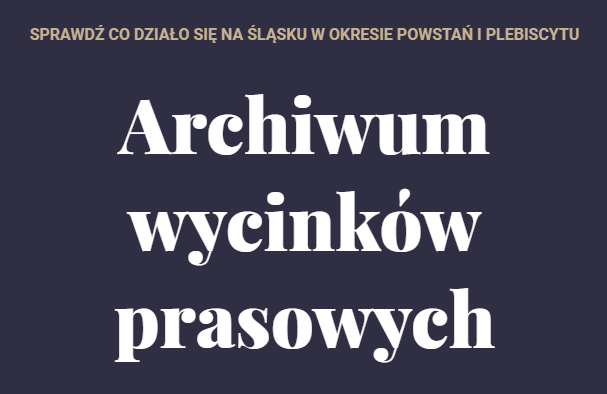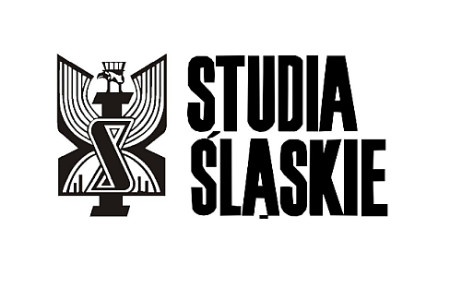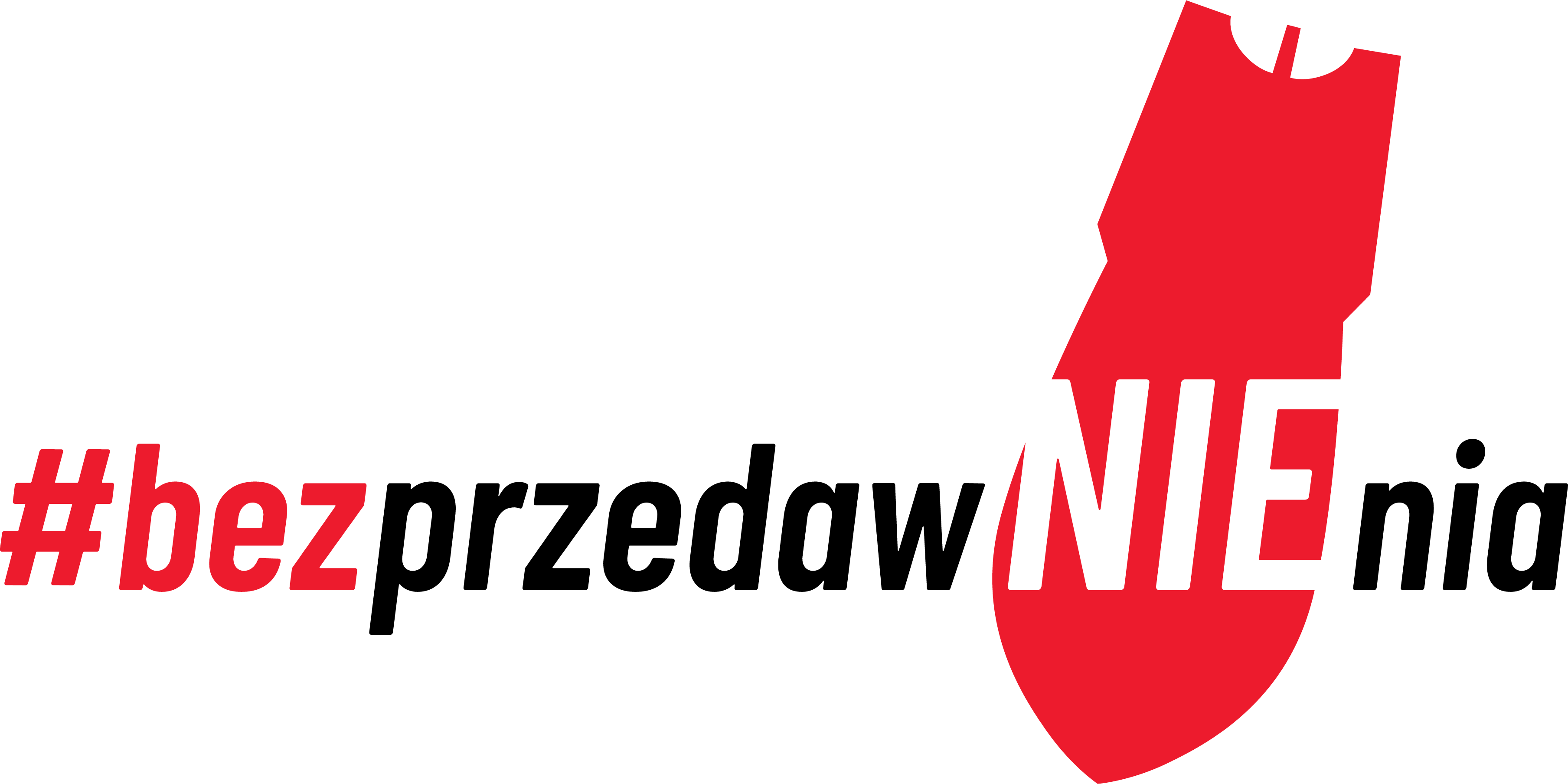Region and Regionalism No. 4. Multicultural regions and cities
1,05 zł
Redakcja: Marek Koter i Krystian Heffner
ISBN: 83-7126-125-X
Rok wydania: 1999
Liczba stron: 224
Opis
Contents
Foreword
Section I. Multiculturalism – new ethnic and social processes, integration or partition?
Krystyna Rembowska – Multiculturalism and democracy. Case of Poland
Marin Bachvarov – Hostile civilisations or co-existence of cultures on the turn of the 20th century
Jernej Zupančič – Possibilities for the ethnic survival of minorities in a multicultural society. Theoretical and practical aspects
Lennart Styenman – A multicultural society in Sweden – a utopia?
Section II. Multicultural regions in regional structures of Europe
Małgorzata Pacuk, Tadeusz Palmowski – Baltic Euro-region: a stimulator of intercultural co-operation
William Stanley, Elke Knappe – Kaliningrad and the changing geopolitics of the Baltic
Jan Wendt – Political regionalization of East Prussia
Pascal de Rauglaudre – Russophones in Latvia: a geopolitical approach
Liutauras Kraniauskas: Shape of a new multicultural space in Lithuania
Krystian Heffner – Ethnically mixed regions in the Polish conceptions of regionalization: the Opole region in Silesia
Anna Portisch – The Czech-German bilateral declaration: negotiating Czech geographical positionality and the 'European Homeland’
Peter Repolusk – Ethnically undefined population in Slovenia population census in 1991
Olga Gubova – Central Europe towards European Union – separately or together?
Ewa Klima – Euro-region Tatry – European integration?
Section III. Regions in ethnic and cultural borderlands – new centres of multicultural development or zones of confrontation?
Marie-France Gaunard – Transformation of border regions in France through the creation of Euro-regions – analysis of the multiculturalism in this European integration process
Peter Dörrenbächer, Christian Schulz – Cultural and regional integration. The case of the Saar-Lor-Lux cross-border labour market
Joanna Szczepankiewicz-Battek – Decline of the multiculturalism in the Syców region as a result of political processes in the 20th century
Wojciech Janicki – The distribution and significance of Tatar ethnic group in Poland
Alexander Khomra, Anna Starostenko – New ethnic processes in the Transcarpathia under conditions of transformational crisis
Daniel Szałankiewicz – The cultural mosaic of the eastern part of the Polish Carpathians
Alberto Capacci, Stefano Brunelli – The Provençal community in the Italy-France borderlands
Vladimir Baar – Multiethnic transregions as real or potential riot zones
Section IV, Multiculturalism as a model of socio-economic development of cities
Mariusz Kulesza – Origin and development of multicultural towns in Central Poland, Politico-geographical context
Barbara Miszewska – Wrocław as a multicultural city – in the past and presently
Grażyna Prawelska-Skrzypek, Ewa Bogacz – Multiculturalism in the process of creating identity in Cracow
Grażyna Prawelska-Skrzypek, Edyta Bieniek-Białas – Multiculturalism in the process of urban marketing – example of the city of Cracow
Alicja Szajnowska-Wysocka – Multicultural character of the Upper-Silesian conurbation
Beata Meyer – Specificity of border communities with Szczecin as an example
Tomasz Michalski – Cultural and historical conditions of the sacral buildings arrangement within the central part of the city of Gdańsk
Informacje dodatkowe
| Rok wydania |
|---|
Projekty
Szukaj książek
Tego dnia w roku…
- 1912 – w Olbrachcicach k. Prudnika urodził się Wacław Wycisk (zm. 22 marca 1984 r. w Opolu), biskup pomocniczy gnieźnieński i opolski, notariusz i kanclerz Kurii Diecezjalnej w Opolu, oficjał sądu, członek rady konsultorów diecezjalnych i profesor seminarium duchownego
- 1920 – w Opolu rozpoczęła pracę Międzysojusznicza Komisja Rządząca i Plebiscytowa w składzie: generał Henri Le Rond (1864–1949) – przewodniczący, I zastępcy pułkownik Harold Franz Passawer Percival (1876–1944) i generał Alberto de Marinis Stendardo di Ricigliano (1868–1940), zgodnie z postanowieniami traktatu wersalskiego Komisja przejęła władzę wykonawczą na obszarze plebiscytowym
- 1940 – we Lwowie zmarł Brunon Paweł Kudera (ur. 18 czerwca 1876 r. w Mysłowicach), adwokat, działacz społeczny i polityczny, członek Towarzystwa Akademików Górnoślązaków, prezes Towarzystwa Przyjaciół Nauk na Śląsku, dyrektor Uniwersytetu Ludowego w Bytomiu, wiceburmistrz Mysłowic, osadzony w obozie w Charkowie, zmarł kilka tygodni po zwolnieniu z obozu

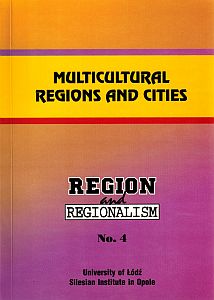
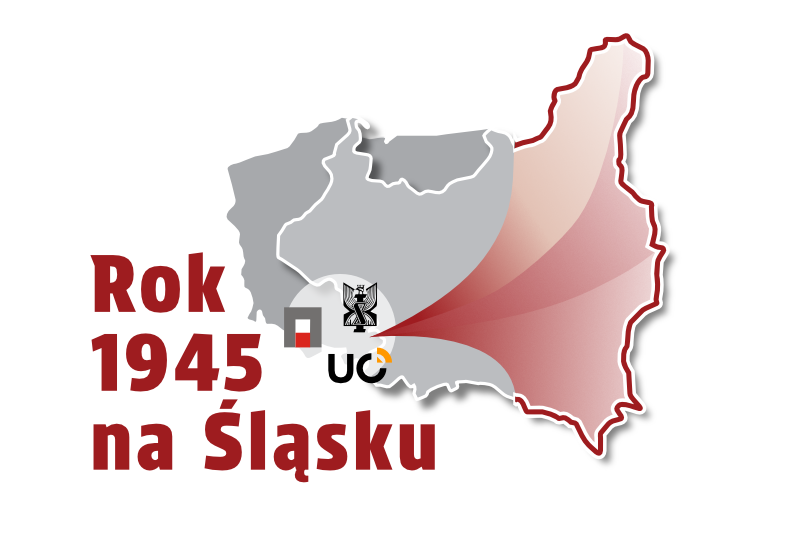 Rok 1945 na Śląsku
Rok 1945 na Śląsku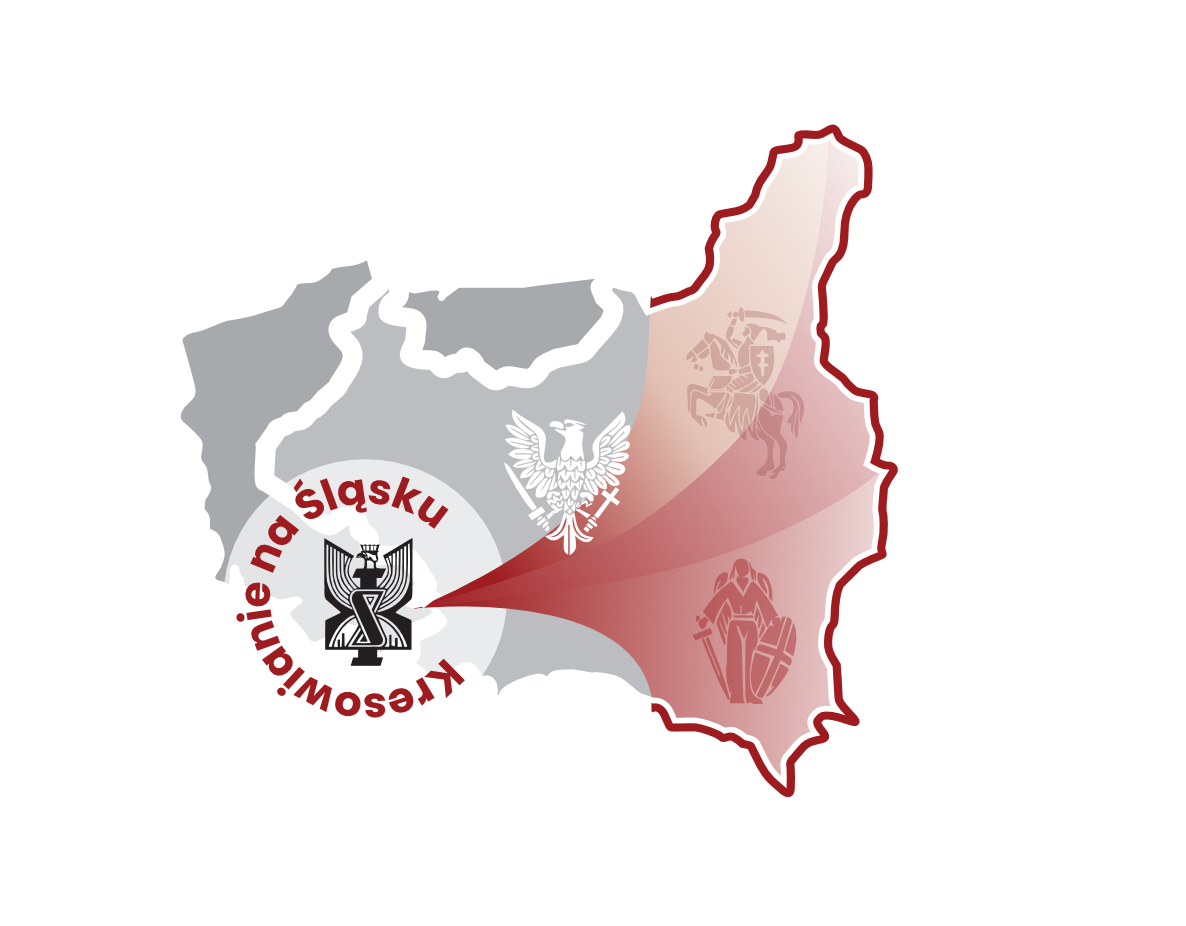 Kresowianie na Śląsku po 1945 r.
Kresowianie na Śląsku po 1945 r.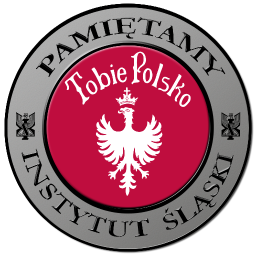 Interaktywna mapa miejsc pamięci
Interaktywna mapa miejsc pamięci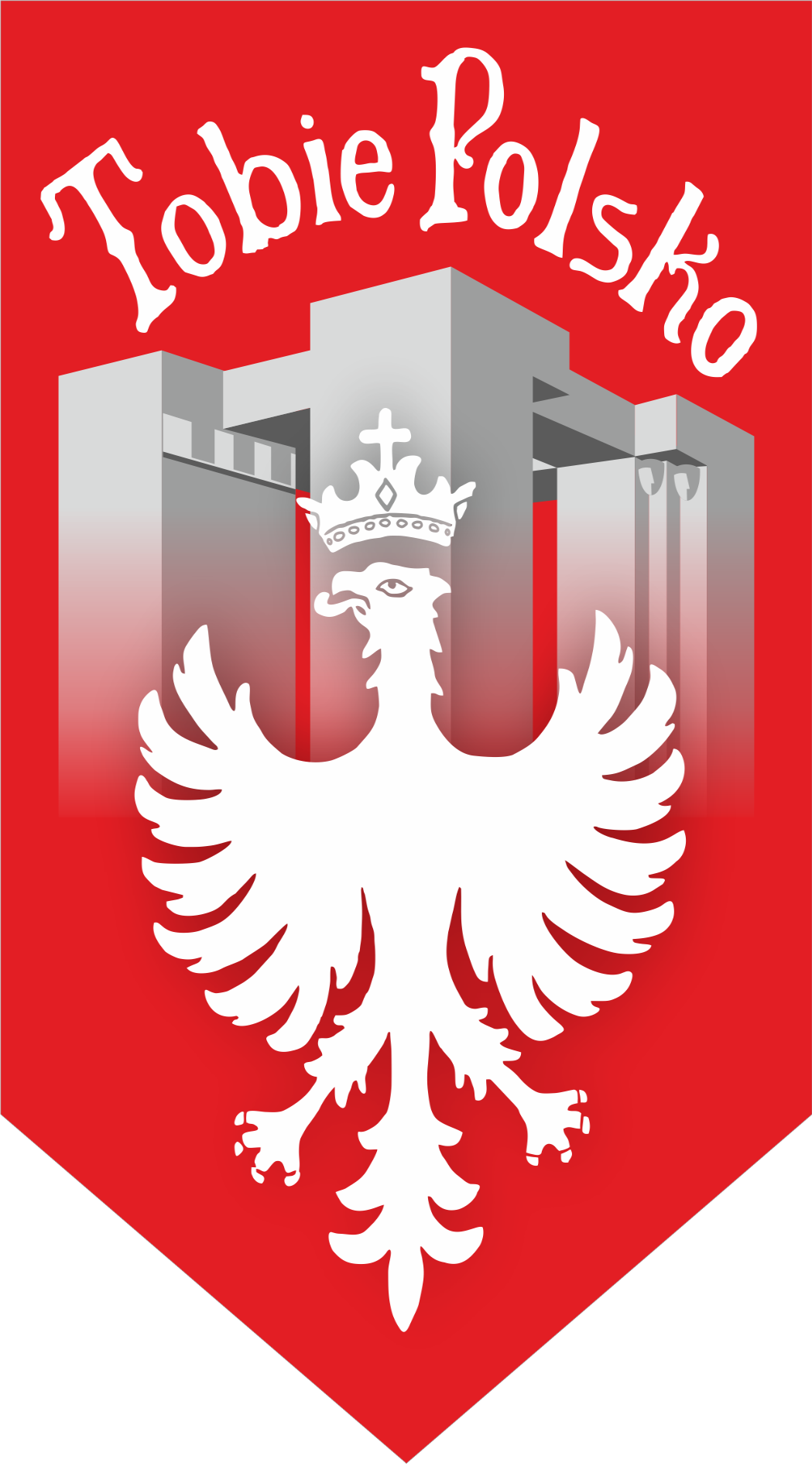 Serwis Opolskie Drogi do Wolności – kompendium wiedzy i powstaniach śląskich i plebiscycie na Górnym Śląsku
Serwis Opolskie Drogi do Wolności – kompendium wiedzy i powstaniach śląskich i plebiscycie na Górnym Śląsku